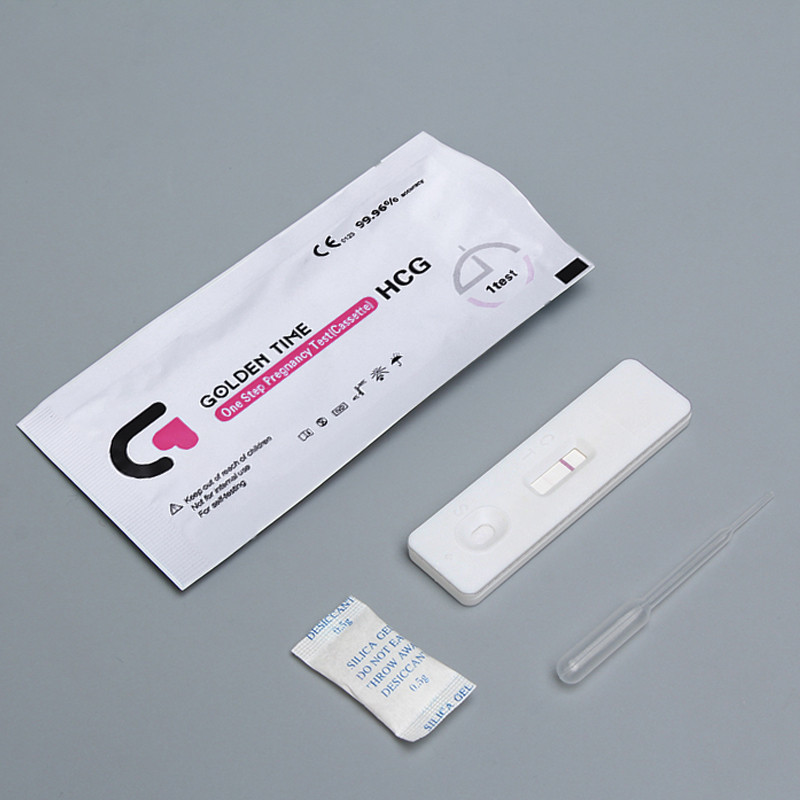Medi . 30, 2024 12:29 Back to list
Find Reliable Suppliers for Hepatitis C Reactive Test Kits Online
Understanding the Importance of Hepatitis C and Testing Suppliers
Hepatitis C is a viral infection that primarily affects the liver, leading to conditions such as cirrhosis, liver cancer, and even liver failure if left untreated. Globally, it is estimated that approximately 71 million people are living with chronic hepatitis C infection. Early detection and treatment are crucial for improving health outcomes and preventing the spread of the virus. One essential tool in this fight is the Hepatitis C reactive test, which helps identify the presence of the virus in individuals. However, the reliability and efficiency of these tests are largely dependent on the suppliers providing them.
When it comes to buying hepatitis C reactive tests, the choice of supplier plays a critical role. Reliable suppliers ensure that the tests are accurate, quick, and comply with international medical standards. This is particularly important given the varying quality of testing kits available on the market. Here are several factors to consider when choosing a supplier for hepatitis C reactive tests
1. Certification and Compliance A reputable supplier should provide tests that are certified and comply with regional and international standards such as FDA approval in the United States or CE marking in Europe. This certification indicates that the tests have been subjected to rigorous validation processes and are deemed safe and effective for use.
2. Quality Assurance Suppliers should have stringent quality assurance protocols in place. This includes using high-quality materials, adhering to manufacturing best practices, and maintaining transparency in their processes. Quality assurance leads to consistent test performance, which is vital for accurate diagnosis.
buy hepatitis c reactive test s supplier

3. Range of Products A good supplier will offer a variety of testing options, including both rapid tests and laboratory-based tests. Rapid tests provide immediate results, which can be critical in emergency situations, while laboratory tests are often more comprehensive. This range allows healthcare providers to choose the most appropriate testing method based on their specific needs.
4. Affordability Cost is often a significant factor in choosing a supplier. While it is essential to ensure that tests are high-quality and reliable, suppliers should also offer competitive pricing. This affordability encourages widespread testing, which is key to managing the hepatitis C epidemic.
5. Customer Support and Training Suppliers should offer adequate customer support, including clear instructions on how to administer the tests and interpret the results. Additionally, suppliers that provide training sessions for healthcare professionals can enhance the accuracy of test administration and result interpretation, thus improving patient outcomes.
6. Reputation and Reviews Researching the reputation of potential suppliers through customer reviews, testimonials, and case studies can provide insights into their reliability and service quality. Engaging with healthcare communities or forums can also yield valuable information regarding the effectiveness of suppliers.
In conclusion, the fight against hepatitis C is greatly enhanced by the availability of reliable and accurate testing methods. When looking to buy hepatitis C reactive tests, healthcare providers must carefully consider their suppliers. By focusing on certified suppliers that prioritize quality assurance, offer a diverse range of testing options, maintain affordability, provide excellent customer support, and have a strong reputation, healthcare providers can ensure that they are equipped with the best tools to effectively manage and combat hepatitis C. Early detection through reliable testing is essential in not only improving individual health outcomes but also in reducing the overall burden of this significant public health issue.
-
Dengue NS1 Rapid Diagnostic Test Kit
NewsMar.07,2025
-
Dengue NS1 Rapid Diagnostic Test Kit
NewsMar.07,2025
-
Dengue NS1 Rapid Diagnostic Test Kit
NewsMar.07,2025
-
Transferrin Rapid Test Cassette Tumor Marker TF Card
NewsMar.07,2025
-
Malaria Pf Pan Rapid Diagnostic Test Kit
NewsMar.07,2025
-
malaria pf / pan ag rapid test
NewsMar.07,2025

